The 2000s marked a pivotal era in Nigeria’s music industry. It was a golden age when the nation’s sound began to shift from localized fame to international recognition. This period birthed a generation of male artists whose talents redefined Afrobeat, hip-hop, R&B, and highlife, laying the foundation for the global Afrobeats explosion we witness today.
These were men who didn’t just sing songs; they shaped the culture, dominated radio and TV stations, and established music empires.
In this article, we journey through the influential Nigerian men who ruled the music scene in the 2000s; artists whose sounds remain timeless and whose legacies continue to inspire.
1. 2Baba (Formerly 2Face Idibia)
No conversation about 2000s Nigerian music is complete without 2Baba, a founding member of the legendary group Plantashun Boiz. After going solo in 2004, 2Baba released his debut album Face 2 Face, which featured the iconic single “African Queen”, a pan-African love song that soared beyond Nigeria’s borders.

“African Queen” became one of the most recognizable love songs from the continent, gaining airplay in countries like South Africa, Ghana, and even the U.S. The music video further amplified his brand, making him a continental heartthrob.
Over the decade, 2Baba evolved from a crooner to a conscious musician, touching on social themes like peace, unity, and governance. Albums like Grass 2 Grace and The Unstoppable solidified his reputation as Nigeria’s premier male vocalist of the decade.
2. D’Banj
With his infectious charisma, energetic performances, and hit-after-hit catalog, D’banj became a household name across Africa in the mid to late 2000s. His partnership with producer Don Jazzy gave birth to Mo’Hits Records, arguably the most dominant label of the decade.
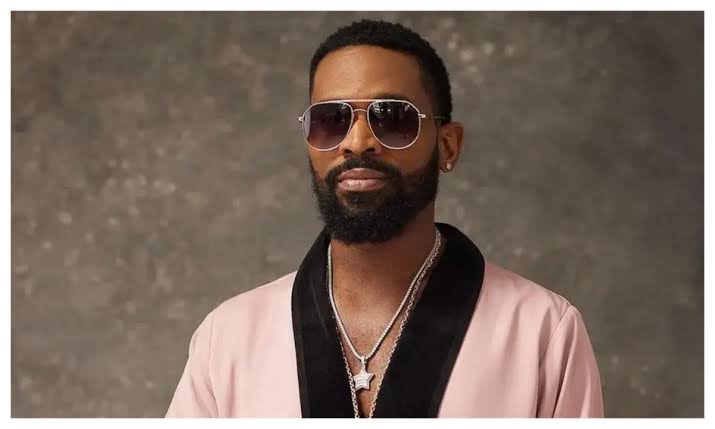
Songs like “Tongolo”, “Why Me”, “Suddenly”, and “Fall in Love” were club anthems. D’banj was not just a singer, he was a performer. His use of the harmonica and stage presence made him distinct, earning him awards across MTV Base, Channel O, and the Nigerian Music Awards.
In 2008, he dropped The Entertainer, one of the most iconic albums of that era, featuring a mix of high-energy tracks and romantic bangers. His swag, lingo (“Kokolets,” “The Koko”), and brand became cultural movements.
3. P-Square
Composed of twin brothers Peter and Paul Okoye, P-Square dominated the second half of the 2000s with their sleek dance routines, high-quality music videos, and hit songs that seamlessly blended R&B with Afro-pop.
Their 2005 album Get Squared put them on the map with hits like “Bizzy Body” and “Temptation”. They followed it up with Game Over (2007), which featured “Do Me”, “No One Like You”, and “Roll It”, tracks that exploded across African countries and diasporas.
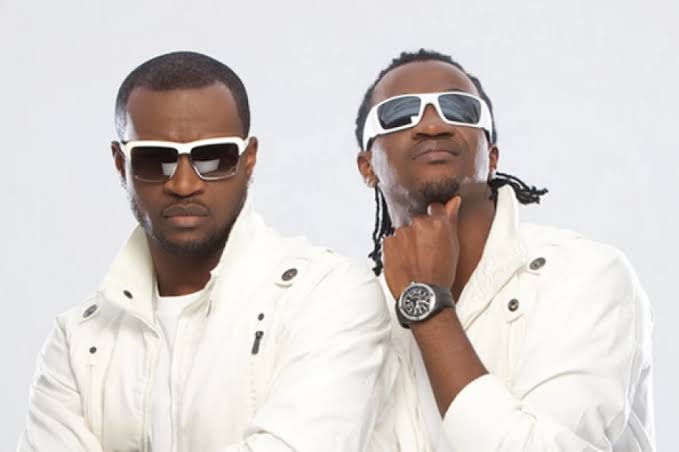
What truly set P-Square apart was their business acumen and international reach. They collaborated with global acts and consistently released albums that outperformed competitors on charts and sales. Their dance-driven performances, especially in videos directed by Jude Okoye, their senior brother, were a signature.
4. Timaya
Bursting onto the scene in 2007 with the politically-charged “Dem Mama”, Timaya became the voice of the Niger Delta and a key figure in Nigerian dancehall.
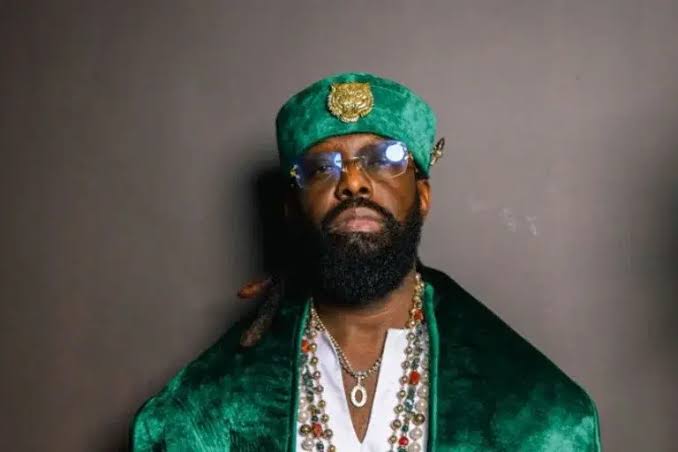
His debut album True Story was a raw, street-style compilation that told the tale of violence and survival in his community. The follow-up album Gift and Grace made him a national sensation with tracks like “Ogologomma”, “God You Are Too Much”, and “Plantain Boy”.
Timaya’s rough yet melodic voice gave street credibility to dancehall music. He carved a niche no one had previously owned, paving the way for artists like Burna Boy, who would later reference Timaya as an influence.
5. 9ice
Coming from Oyo State with deep Yoruba roots, 9ice brought a unique fusion of traditional proverbs, storytelling, and modern beats. His 2008 album Gongo Aso was a cultural phenomenon.
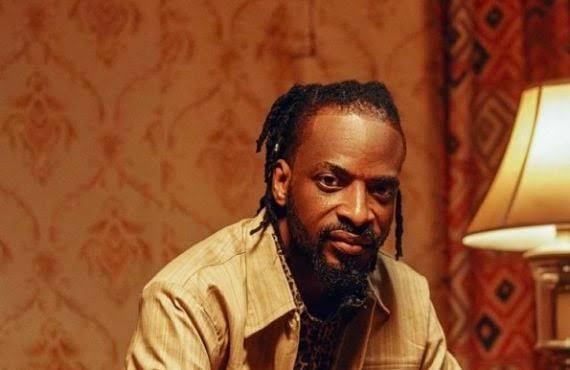
Tracks like “Gongo Aso”, “Photocopy”, and “Street Credibility” (featuring 2Baba) introduced a new form of Yoruba-hip-hop that resonated across age groups. 9ice’s use of deep metaphors and indigenous delivery earned him the 2009 MTV Africa Music Award for Best Hip-Hop Artist.
His voice and lyrical style may not have been conventional, but they were compelling. 9ice made being proudly Yoruba fashionable in pop music again.
6. Ruggedman
Before mainstream Nigerian rap gained national attention, Ruggedman was pioneering the movement with his hard-hitting bars and fearless critiques.
He’s best remembered for “Ehen”, where he called out artists who, in his opinion, were musically lacking. The song caused a stir in the industry but solidified Ruggedman’s image as a no-nonsense lyricist.
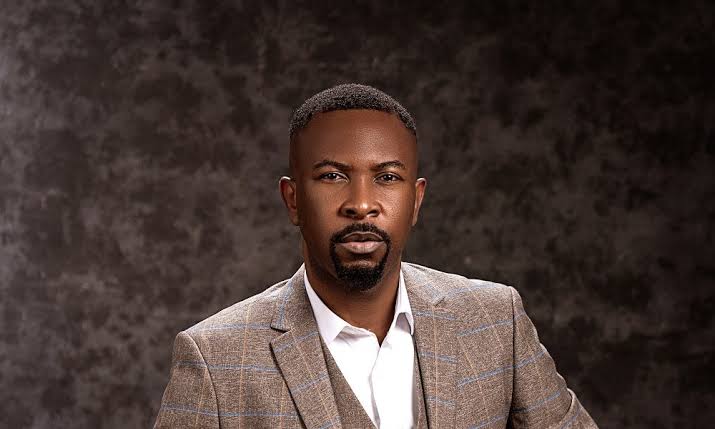
Throughout the 2000s, Ruggedman carried the flag for Nigerian hip-hop with albums like Thy Album Come and Ruggedy Baba, influencing the likes of M.I and Vector in the next decade.
Read Also: James Andrus Profile: American legal and Governance expert
7. Mode 9
Known for his articulate flows and battle rap style, Mode 9 was arguably the most technically gifted rapper in Nigeria during the 2000s. Though not necessarily a chart-topper, he was a cult hero among rap fans.
He won multiple Hip Hop World Awards for Lyricist on the Roll and built a reputation for clever punchlines, intricate rhyme schemes, and mastery of delivery.
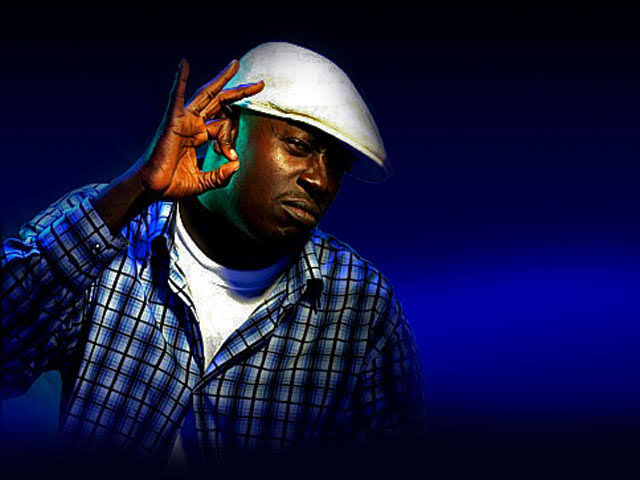
Mode 9 may not have ruled the pop charts, but he ruled the underground and inspired a generation of emcees who wanted more than just fame.
8. Styl-Plus
Though a group, Styl-Plus was driven by its male members, Tunde, Shifi, and Zeal whose romantic ballads captivated Nigeria throughout the 2000s.
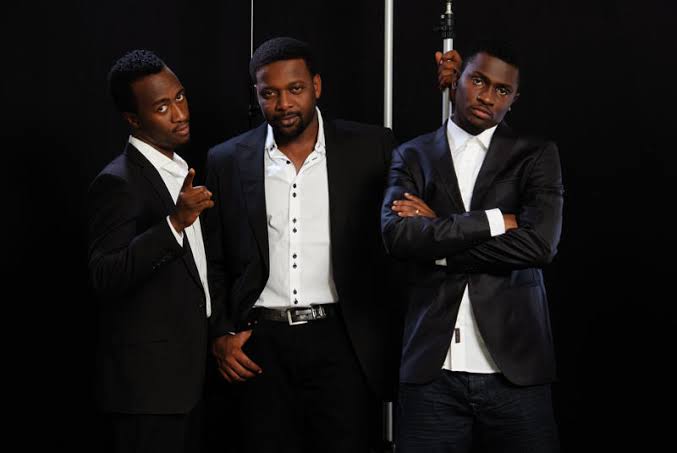
With songs like “Olufunmi”, “Imagine That”, “Runaway”, and “Call My Name”, they brought back clean R&B harmonies with relatable Nigerian love themes.
Styl-Plus wasn’t just popular; they were adored. Their music was wedding soundtrack material, radio favorite, and a staple for lovers and dreamers. Their vocal chemistry and smooth delivery made them stand out in a fast-paced pop industry.
9. Eedris Abdulkareem
Before political commentary became a mainstream music theme, Eedris Abdulkareem was using music to speak truth to power.
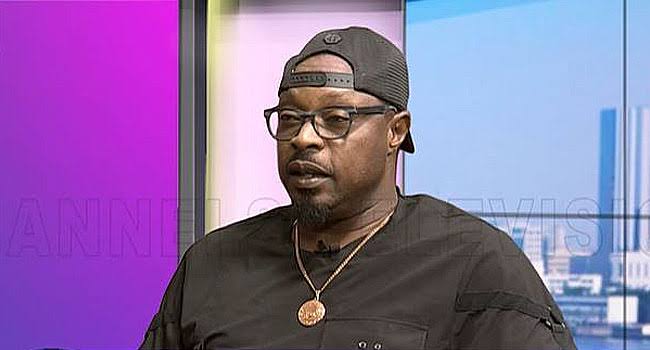
From his days with The Remedies to his solo career, Eedris became a voice for the masses. His song “Jaga Jaga” was a bold criticism of Nigeria’s governance, leading to public outrage and even a presidential response from Olusegun Obasanjo.
His music resonated with Nigerians who felt unheard. Whether it was calling out the system or celebrating resilience, Eedris helped position music as a tool for social change.
10. Tony Tetuila
Another former member of The Remedies, Tony Tetuila found solo success with his blend of humor, pop, and afrobeat. Hits like “My Car”, “You Don Hit My Car”, and “Omo Meta” became street anthems.

Tetuila was the people’s artist, fun, relatable, and unapologetically Nigerian. His style was simple but effective, blending catchy choruses with beats that captured the spirit of the early 2000s.
Legacy and Influence
The men who ruled the Nigerian music scene in the 2000s didn’t just make hits; they paved the way for the modern Afrobeats movement. The global success of Burna Boy, Wizkid, Davido, Rema, and Asake can be traced back to the foundations laid by these pioneers.
They:
- Built the local industry infrastructure (e.g., Mo’Hits, Kennis Music, Storm Records).
- Introduced music videos as a standard, collaborating with directors like Clarence Peters and DJ Tee.
- Defined genre boundaries, creating room for Afro-pop, rap, dancehall, and R&B to thrive.
- Internationalized Nigerian music, from D’banj’s MTV exposure to 2Baba’s global features.
The 2000s were an unforgettable era in Nigerian music history, and the men who led it are more than entertainers; they are cultural icons. Their influence transcended charts; they shaped identity, pride, and the possibility of African success in global pop culture.
As fans continue to revisit their hits on streaming platforms and as younger artists sample or pay tribute to them, one thing is clear: these legends ruled their time and left behind timeless legacies.
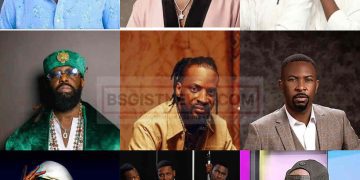














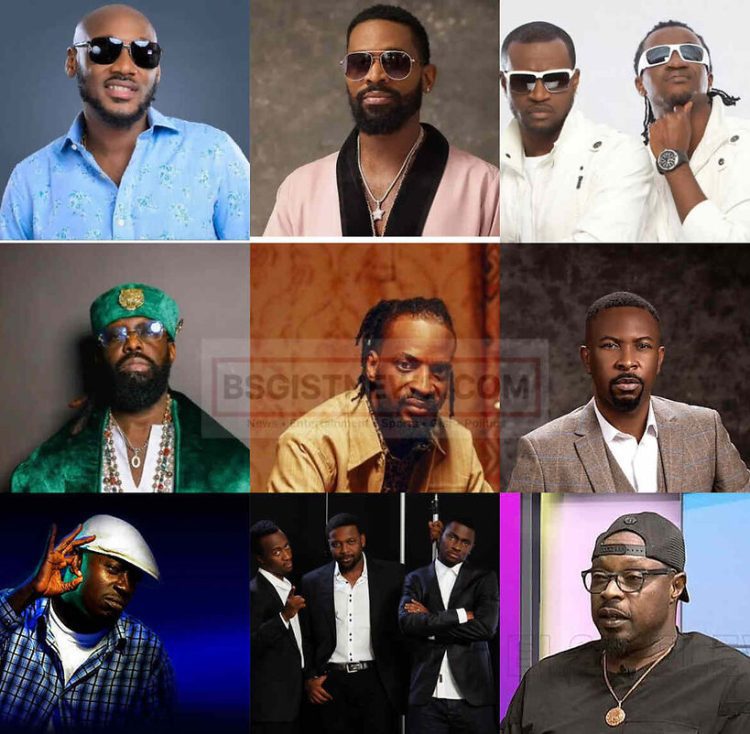



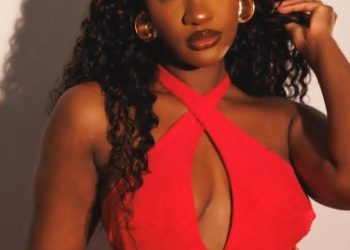
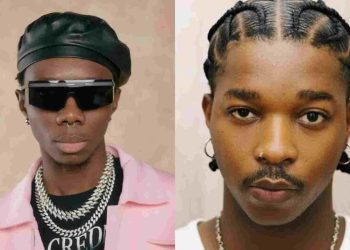
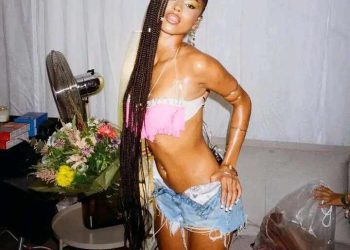
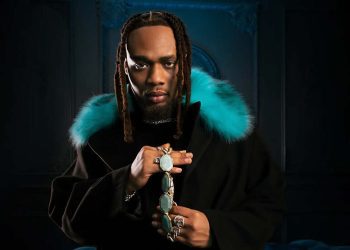
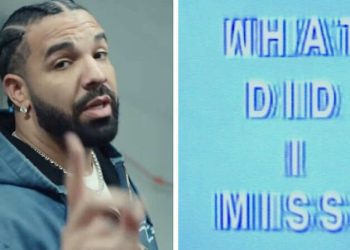
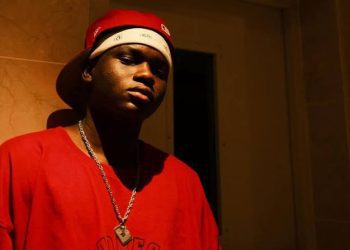








Comments 1